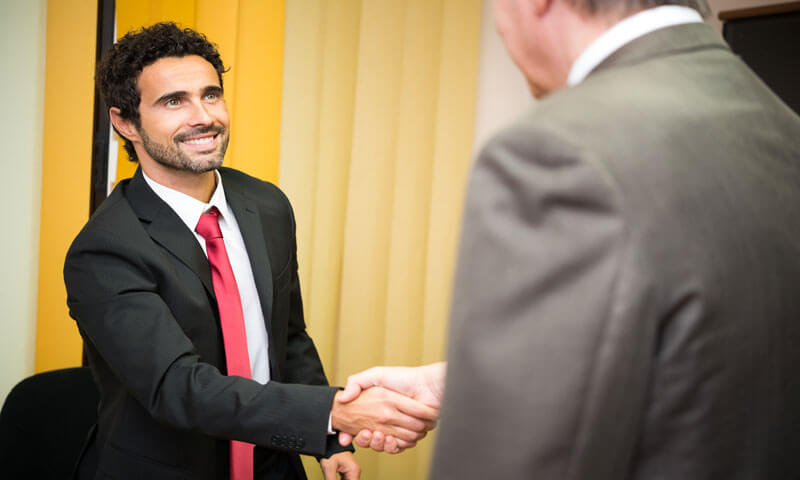Summary: The United States Supreme Court will hear arguments from a case regarding cell phone privacy and law enforcement issues.
With a number of cases being introduced to courts at all levels on cell phone privacy, the Supreme Court has agreed to weigh in on the issue. Their announcement came Monday regarding an appeal case arguing that obtaining such information without a warrant is equal to an unreasonable search and seizure under the U.S. Constitution’s Fourth Amendment.
The case focuses on whether authorities should be required to get a warrant for cell tower data in order to track and reenact the location and movement of cell phone users for extended periods of time. Carpenter v. United States was filed after a Detroit robbery in 2011 where investigators used phone location records to gather evidence for the case. Timothy Carpenter was convicted of a number of armed robberies in Michigan and Ohio. Police used his cell phone records to place him near the scene of robberies at T-Mobile and Radio Shack stores.
Generally, courts have ruled that there is reduced privacy interest for these kinds of issues since phone companies already have the information. CNN Supreme Court analyst Steve Vladeck argues that there are greater issues in regards to privacy. He said, “We all share tons of data with third parties on a daily basis, from our cell phone carriers to our credit card companies to our financial institutions and so on.” Vladeck added, “For decades, the Supreme Court has held that, once we voluntarily share that information with these firms, the government will usually not need a warrant for that data, no matter how personal or private it may be. In this case, it looks like the justices are interested in revisiting that reasoning – perhaps with an eye toward how technological advancements have dramatically changed the privacy calculus.”
Police have relied on cell phone records to track suspects in criminal investigations. However, many have been starting to question the method of obtaining digital information as a violation of privacy. The primary wireless carriers – Verizon Communications Inc, T-Mobile US Inc, Sprint Corp, and AT&T Inc – receive tens of thousands of requests each year for “cell site location information” or CSLI from law enforcement. Generally, they hand over the requested information.
American Civil Liberties Union staff attorney Nathan Freed Wessler, who is co-counsel for the case, said, “Because cell phone location records can reveal countless private details of our lives, police should only be able to access them by getting a warrant based on probable cause. The time has come for the Supreme Court to make clear that the longstanding protections of the Fourth Amendment apply with undiminished force to these kinds of sensitive digital records.”
The Supreme Court has taken on cases involving law enforcement and technology twice in the past few years. In 2014, the court ruled that police needed a warrant to be able to search seized cellphones during an arrest. In 2012, they also ruled against the police stating that they needed a warrant to place GPS tracking device on vehicles.
Carpenter tried to have the evidence suppressed but was denied and convicted of six robbery counts. When he appealed to the 6th U.S. Circuit Court of Appeals, they upheld the convictions on the basis that a warrant was not required to obtain cellphone information. His civil liberties lawyers argued that “probable cause” was needed so a warrant is required.
Do you think a warrant should be required for police to obtain cell phone records? Tell us in the comments below.
To learn more about cell phone issues, read these articles:
- Fourth Amendment Does Not Protect Cellphone Location Information
- Obama Signs Cellphone Unlocking Bill into Law
- 5th Circuit Holds Citizens Have No Expectation of Privacy in Cellphone Records
Photo: pixabay.com













































